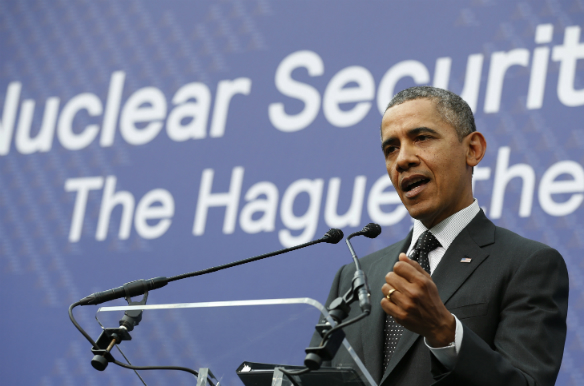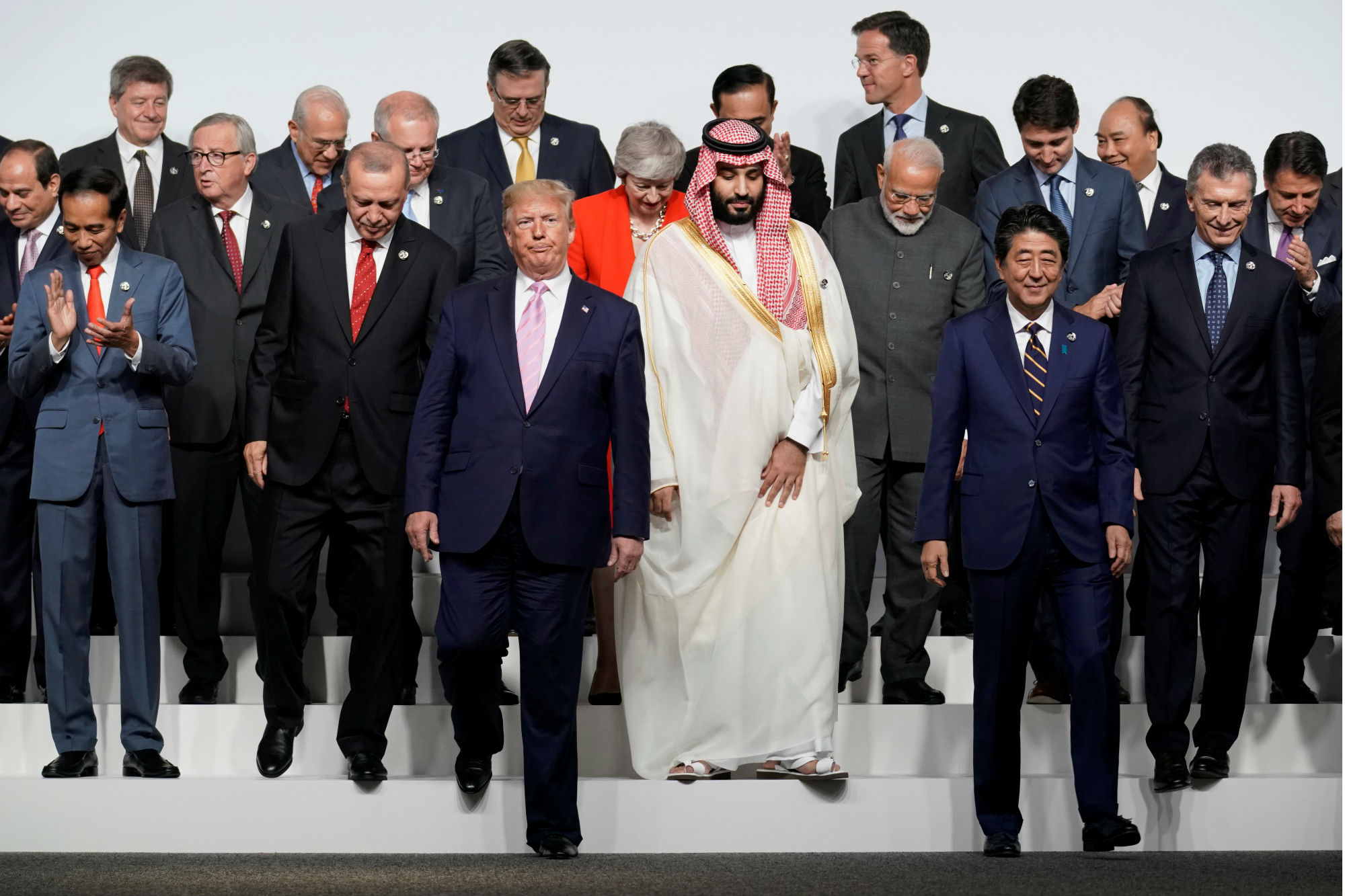Up in the Air: Ten Global Summits That Will Test Joe Biden in 2021
Summit diplomacy was a prominent casualty of COVID-19 during 2020. The pandemic forced the postponement of many high-level gatherings and the shift of others, like the annual opening of the UN General Assembly, to online platforms. Multilateralism-by-Zoom will continue into 2021, as the world rolls out novel coronavirus vaccines. Still, the coming year will be a critical one for international cooperation, even if the calendar remains fluid.
Summit diplomacy was a prominent casualty of COVID-19 during 2020. The pandemic forced the postponement of many high-level gatherings and the shift of others, like the annual opening of the UN General Assembly, to online platforms. Multilateralism-by-Zoom will continue into 2021, as the world rolls out novel coronavirus vaccines. Still, the coming year will be a critical one for international cooperation, even if the calendar remains fluid.








